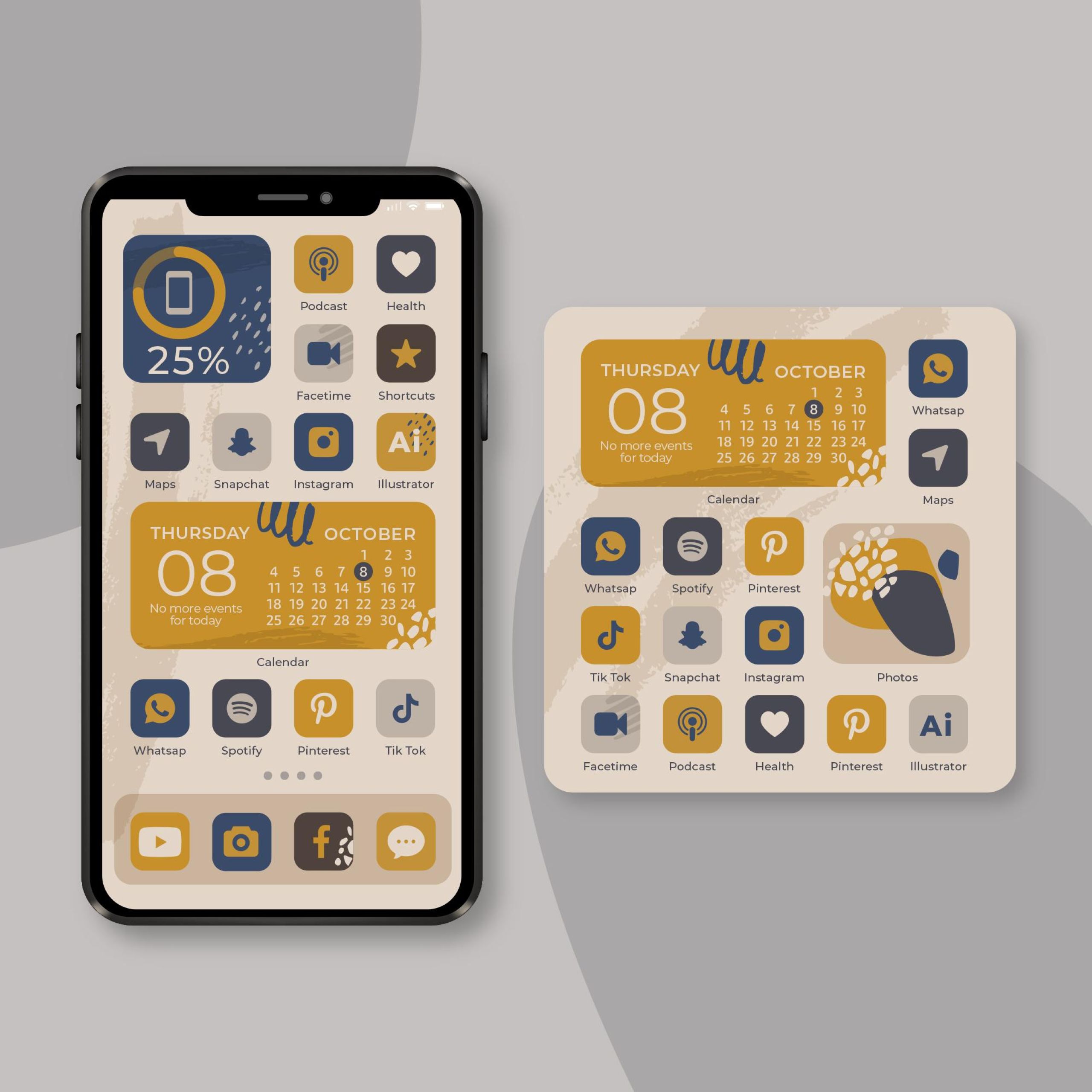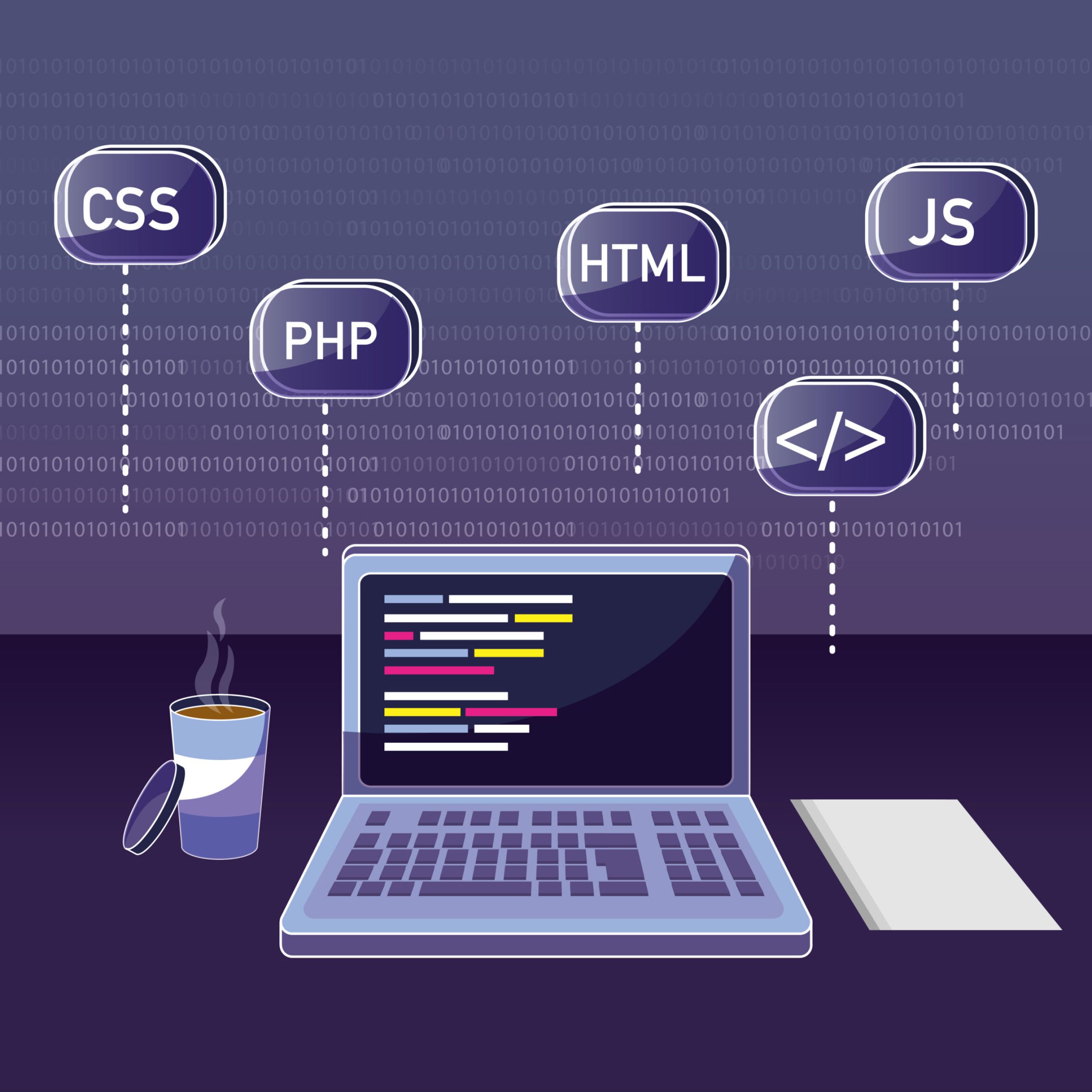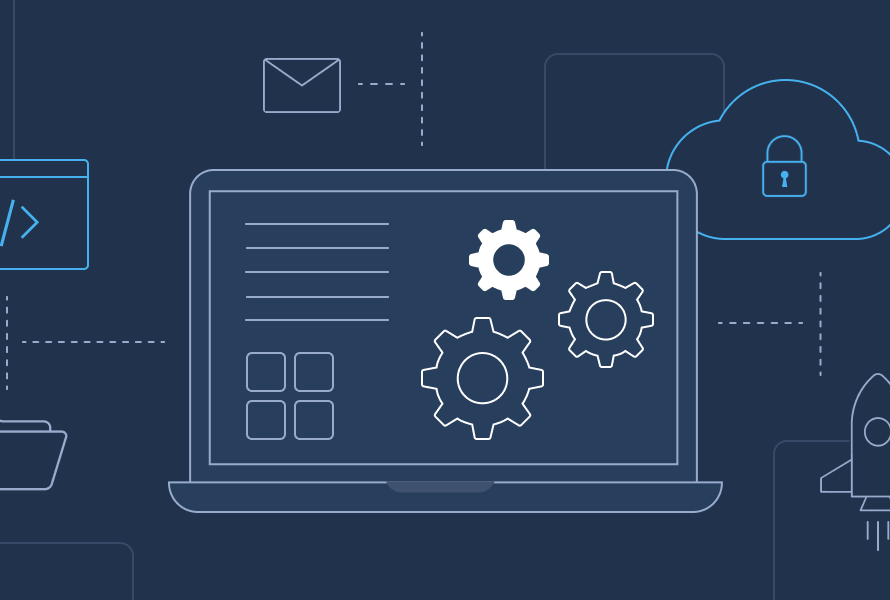Introduction to iOS App Development a Complete Guide
Developing an iOS application requires selecting the right programming language that aligns with your project goals and offers robust performance. With the growing demand for mobile apps, understanding the best iOS app development language is crucial for delivering a seamless user experience.
In this guide, we will explore the top languages used for iOS development, their advantages, and when to use each one. Whether you are a seasoned developer or just starting, this overview will help you make an informed decision.


Why Choosing the Right Language Matters
Selecting the appropriate programming language for your iOS app affects various aspects such as development speed, maintainability, scalability, and overall performance. Apple provides a rich ecosystem with tools and resources that work seamlessly with its recommended languages.
Top Languages for iOS App Development
1. Swift
Swift is Apple’s official programming language for iOS, macOS, watchOS, and tvOS. Introduced in 2014, it quickly became the preferred language due to its simplicity and powerful features.
Key Features of Swift:
- Easy to learn and highly readable syntax.
- Fast performance with reduced memory usage.
- Strong type safety and error handling.
When to Use Swift: Swift is ideal for developing modern iOS apps that require high performance and scalability. It is widely supported by Apple’s frameworks and tools, making it a top choice for most projects.
2. Objective-C
Before Swift, Objective-C was the primary language for iOS development. It is still supported by Apple and used in many legacy applications.
Key Features of Objective-C:
- Mature and well-established.
- Compatible with C and C++.
When to Use Objective-C: Objective-C is a good choice if you are working on maintaining or updating existing applications that were originally built with this language.
3. Other Languages
While Swift and Objective-C dominate iOS app development, other languages also play a role in specialized cases:
- C++ for performance-critical components.
- JavaScript with frameworks like React Native for cross-platform development.
- Python for prototyping and automation tasks.
Factors to Consider When Choosing an iOS Development Language
- Project Requirements: The complexity and type of your app influence the language choice.
- Community Support: Swift has an active and growing community.
- Tooling and Frameworks: Swift integrates seamlessly with Xcode and Apple’s development tools.
Conclusion
Selecting the right iOS app development language is foundational to the success of your mobile app project. While Swift is the most popular and versatile choice, understanding other languages like Objective-C and JavaScript provides additional flexibility.
By making an informed choice, you can enhance your app’s performance, maintainability, and user satisfaction.



